According to a survey commissioned by the Theodore Roosevelt Conservation Partnership (TRCP), an overwhelming majority of hunters and anglers — a demographic commonly regarded as conservative — believe our climate is changing and many of those sportsmen and women believe warming temperatures are negatively affecting their hunting and fishing. What's more, the vast majority of respondents who acknowledge the reality of a warming climate also see humans as bearing most or part of the blame. In a recent release, TRCP took care to highlight the results of their survey as important to Republican lawmakers, who may have long believed that becoming supporters or even champions of policy measures to respond to the accelerating climate crisis would come with negative consequences at the ballot box.
"These findings are significant, because they paint a clearer picture of support for climate change solutions among conservative sportsmen and sportswomen, who some might assume are agnostic or even aggressively opposed to climate legislation. This is particularly meaningful for Republican lawmakers who have maybe hedged on supporting legislation, when they actually have the constituent support in the hunting and fishing community to become wholehearted champions of habitat restoration and protection that improves carbon storage and sequestration,” said Tiffany Turner, the TRCP’s director of climate solutions.
In total, 74 percent of the respondents who said they believe climate change is happening indicated that they felt that climate change was mostly (50%) or at least partially (24%) due to human activity. The survey, commissioned by TRCP and conducted by Colorado-based New Bridge Strategy, also queried respondents on a number of questions and topics related to the climate crisis, including what impacts hunters and anglers are seeing in their region and what types of actions they would like to see policymakers take to combat global warming.
When asked whether they expect climate change to impact their ability to hunt or fish sometime within the next generation, a resounding 71 percent of respondents said yes, with 33 percent indicating that those impacts are already occurring or that they expect to experience them within the next 5 years.
Nearly half of those polled reported seeing an increase in certain climate change impacts, including “weird” weather, declining populations of fish or wildlife, dislocation or relocation of fish species, and changes in the migration patterns of game species.

76 percent of respondents indicated they'd support governmental policies that provide financial incentives to encourage farmers to adopt regenerative practices and verify that they are taking those actions. 86 percent indicated that they support measures to protect wetlands and coastal areas from development, with 84 percent supporting similar measures for forests, grasslands, and prairies. In each of these cases, support for these measures was similarly strong regardless of the respondents' political affiliation.
The survey did not ask respondents whether they support action to regulate the fossil fuel industry, such as an end to governmental subsidies for fossil fuel companies or a tax on oil and gas industry profits.



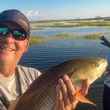
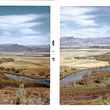

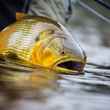

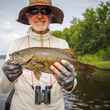
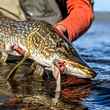

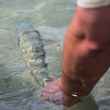

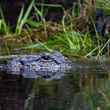


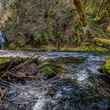

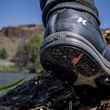
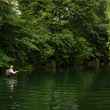
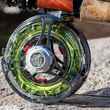
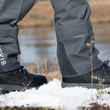

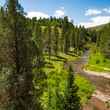
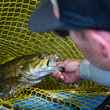
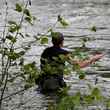

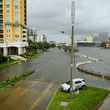
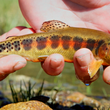

Comments
Larry replied on Permalink
More Misinformation by TU
A study by TRCP. Please. Your
Almost as bad as the weather channel
Concentrate on your core business sustainable wild trout fisheries
John Jaacks replied on Permalink
This is a timely and very important issue! The geophysics of this planet are indeed changing, and this person like others, is seeing in my fishing adventures. King Salmon dying in Alaska because of rivers exceeding the temperature they can survive in. Silvers are not coming into the southwestern Alaska rivers during migration times of the past. When lake fishing, I have noticed more growth in lakes are changing in their physical make up causing a changes in the insect life. I take temperature measurements in rivers and have to forgo fishing because the stream temperatures are getting too warm.
NASA has confirmed a reduction in soil moisture, and the planetary poles are moving. I suspect there will be an immediate future time when my favorite streams will either dry up or be an algae bog. Strangely enough on those very hot days, when I elect to fish, there is still people attempting to catch fish!
John replied on Permalink
I admit a built in bias up-front because I have been employed in the agriculture sector for 36 years, but if we're serious about the environment then we need to be asking the right questions. By EPA's figures, agriculture in total is responsible for 11% of greenhouse gas emissions, but still it is singled out in almost every survey. The surveys never seem to ask - how much less are you willing to drive, or how often are you willing to take public transportation? And yet internal combustion engines are one of the biggest emitters of GHG. Assuming climate change is a fixable problem, the solution is not going to come from changing agriculture alone (yes, there are things we can and should do). Solutions have to come from everywhere. We have to be serious about energy solutions. We need fewer internal combustion engines but there's no way our current electrical grid will support millions of additional battery powered cars. And wind and solar power are not the solution near-term. We're left with hard choices - nuclear, natural gas, "clean" coal? All come with trade-offs but those are the realistic options right now.
Pages